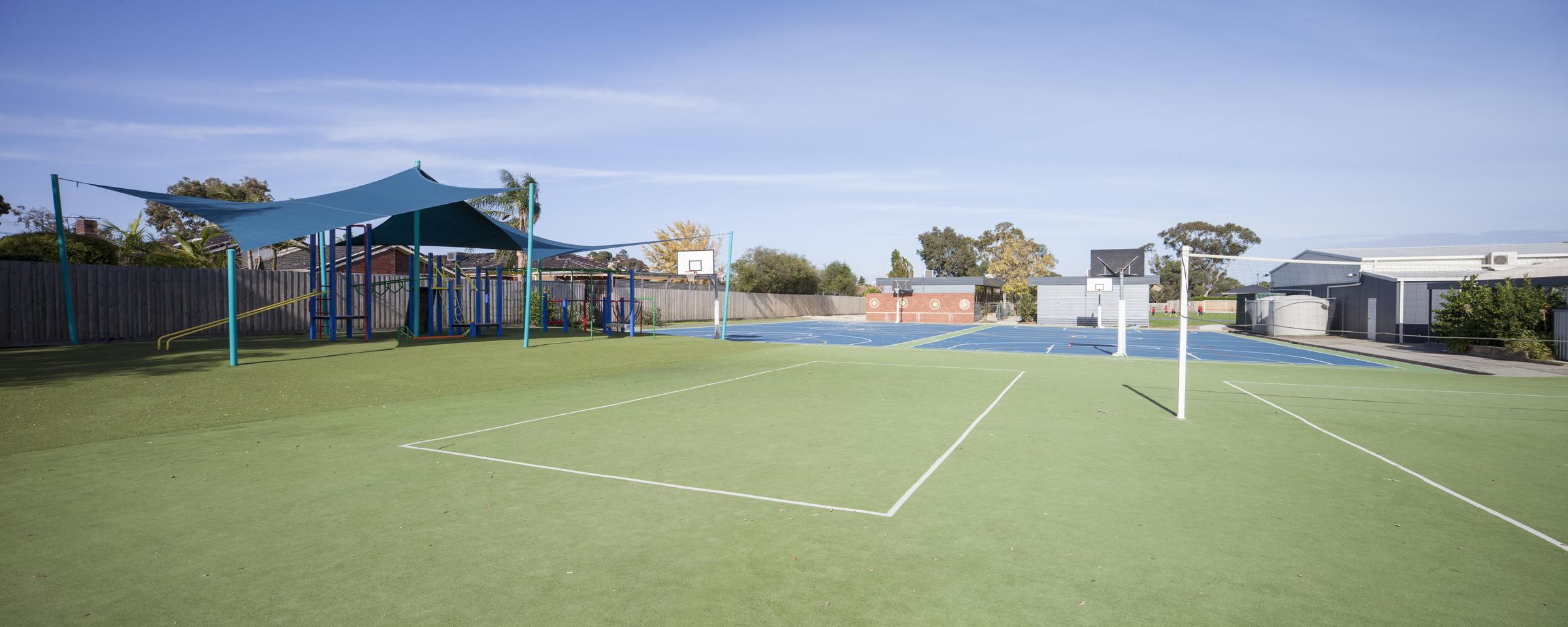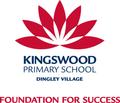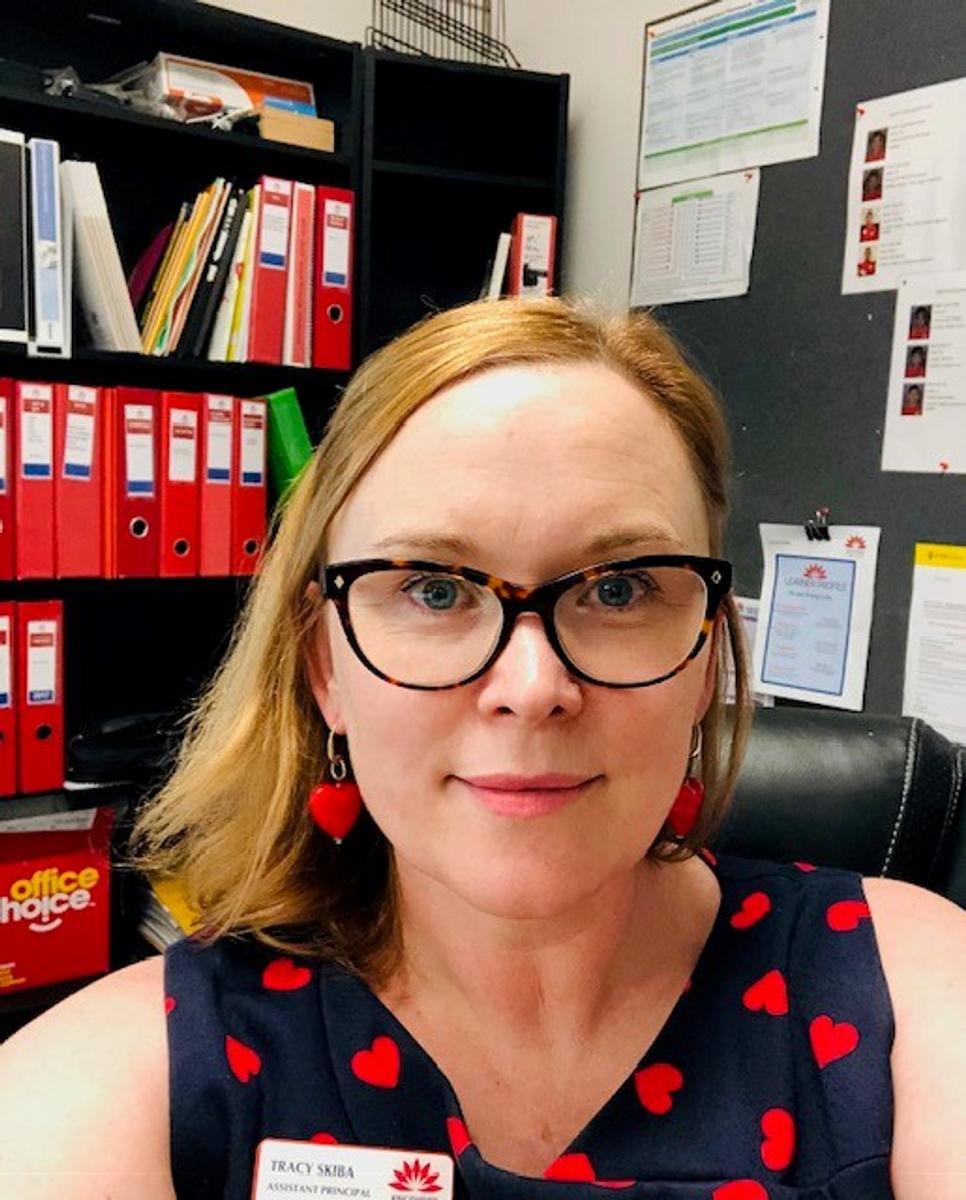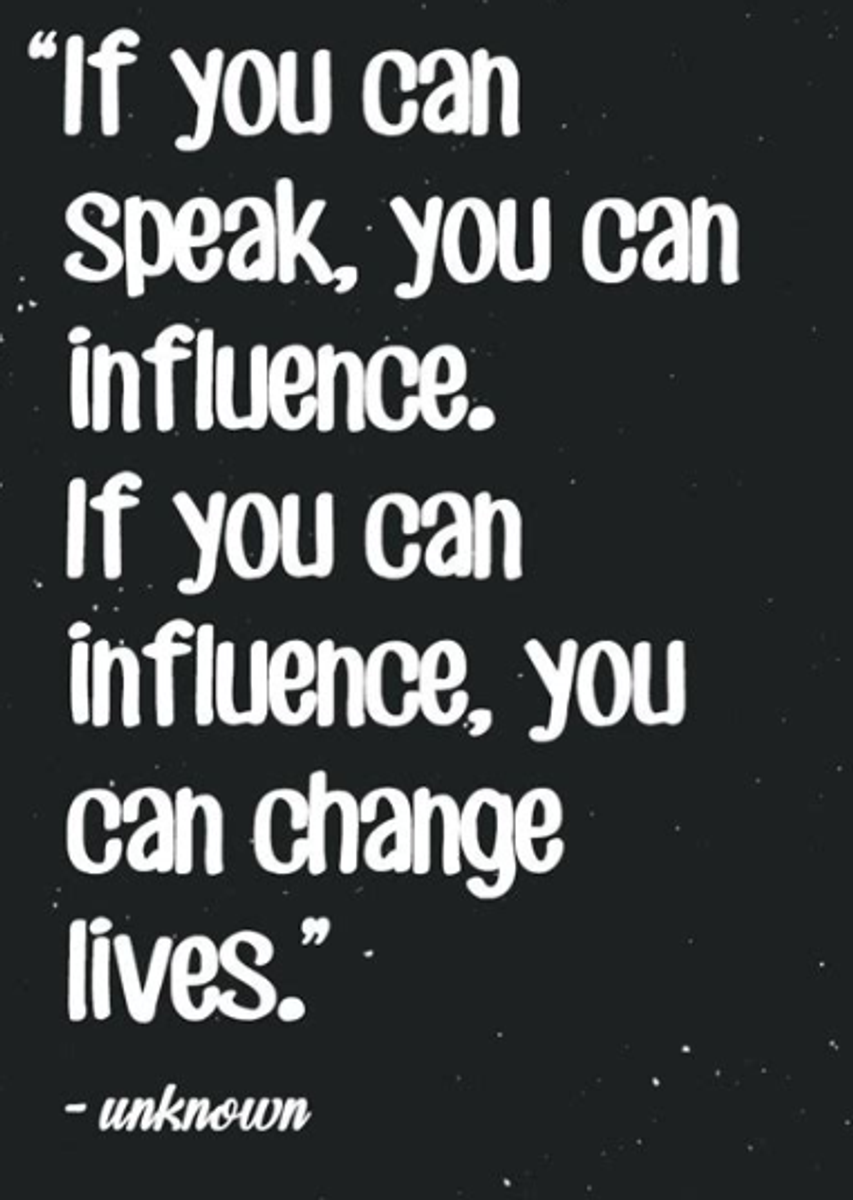Assistant Principal

Tracy Skiba
Assistant Principal
In this newsletter I will be sharing the importance of Oral Language and how you can support your child.
“Talking to Learn”
“Human intelligence is primarily developed through speaking and listening. The quality of our lives depends on the quality of our thinking and on our ability to communicate and discuss what we think with others. Talk is intrinsic to literacy and to our ability to form relationships with others. It is the foundation of both verbal and emotional intelligence.” (Fisher, 2007).
Speaking and listening is the most fundamental skill for developing literacy and becoming literate. It helps us to develop connections between old understandings and new learning, increases our ‘bank’ of vocabulary and learn how to communicate in increasingly complex ways which develops interpersonal skills.
At Kingswood Primary School we encourage oral language in all areas of the curriculum through reflection times, whole and small group discussions, debating and drama. As your child’s most influential teacher you can encourage them in many ways to enjoy speaking and listening.
You can do this by:
- Including your child in family discussions and appropriate decision making such as what to do together at the weekend.
- Exposing your child to various types of music, theatre and cinema.
- Explaining and modelling social etiquettes of conversation, such as not to interrupt when someone is talking or how and when to use titles such as ‘Mr’, ‘Ms’ or ‘Aunty’.
- Modelling active listening skills such as, allowing your child to finish what they are saying.
“Literacy and Numeracy Tips to Help Your Child” suggests some of the following ideas:
Outings can also provide a world of new vocabulary. Discussion during outings can enrich your child’s understanding of the world. Outings might include going to the park, the zoo, a shopping centre, museums, libraries and art galleries.
Other fun activities can include:
- Share and talk about family histories and family photos.
- Look at picture books. Ask your child to describe what is happening in the pictures and make up stories together.
- Collect cardboard and other household items for your child to build with. Ask your child to describe what they are building.
- Listen to simple radio programs or podcasts together and discuss the content.
- Play vocabulary games with your child such as, “what’s the opposite of ….?” (for example, “what’s the opposite of big?”) and “what’s another word for….?” (for example, “what’s another word for angry?”).
Oral storytelling is a great way to extend your child’s speaking and listening skills, and to expand their memory and imagination. Either you can tell the story, or you can encourage your child to tell the story. Storytelling might be about: your child’s favourite toy, another family member, a pet, a favourite fictional character from a book or television program or an imaginary world with imaginary characters.
Some tips to start your storytelling:
- Make it exciting, with different voices, puppets, or a finger play.
- Have a dress-up box for your child to use for storytelling and imaginative play.
- Start with what interests your child.
- Start by creating a character and a setting.
You can find more ideas by following the link.
Parent Workshops- complete the survey below
Would you like to know about the Kingswood Curriculum and how you can support your child at home? Please complete the very quick survey so that we can plan for future information sessions.


